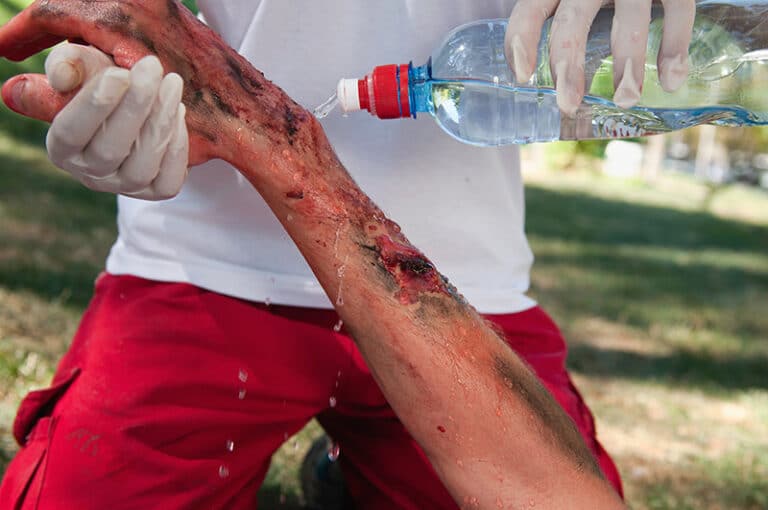Typically, parents or guardians make decisions on behalf of their children without having to ask a court for approval. However, this is not necessarily the case when it comes to settling a minor’s personal injury claim. Although there is no rule requiring court approval of a minor’s personal injury settlement, the unspoken rule is if the settlement is more than $10,000, the settlement should be approved by a court to make sure the minor is protected.
Colorado Rule of Probate Procedure 62
Colorado Rule of Probate Procedure 62 sets forth the procedure you need to follow when seeking court approval of a minor’s settlement. Once a petition for approval of a minor’s settlement is properly filed, the court will set an in-person hearing to determine the following:
1) that the proposed settlement is reasonable,
2) that the minor’s parent or guardian understands the finality of the settlement,
3) that the attorney’s fees (if an attorney represents the minor) and any other fees being charged are reasonable, and
4) that the settlement is in the best interest of the minor. When deciding whether the settlement is in the minor’s best interest, the court considers the nature of the minor’s injury, the cost of any necessary future medical care to treat the injury, and any other relevant factors.
Petition for Approval
In order to get a hearing before the court to approve a minor’s proposed personal injury settlement, a petition for approval of the settlement must first be filed. Usually, it is filed either by the minor’s attorney or the insurance company paying the claim. The petition is required to set forth information including:
- demographic information of the involved parties,
- the basis for the personal injury claim,
- the defenses and counterclaims to the personal injury claim, if any,
- the insurance company’s information including, amongst other items, the relevant policy limits,
- a description of the minor’s injuries,
- a statement regarding whether the minor has missed time from school or work,
- a summary of any property damage,
- a summary of the medical expenses for the minor’s injuries,
- a statement of what entities have paid the minor’s medical expenses,
- a description of the minor’s current condition including any disability, disfigurement, and physical or psychological impairments as well as any current treatment,
- an explanation of the minor’s prognosis and any anticipated treatments and therapies,
- the status of the minor’s claim,
- a list of all subrogation and liens as well as any efforts that have been made to negotiate them, and
- detailed information about exactly how the settlement funds will be used and preserved. Additionally, certain things must be attached to the petition including a written statement by the minor’s health care provider, relevant legal fee agreements and statements of costs, and any proposed settlement agreements and releases.
Court Requirements
As you can see, the court requires specific and detailed information to protect the minor, to ensure that the settlement is sufficient and in the minor’s best interests, to ensure that any fees or costs paid from the settlement funds are reasonable and that the settlement funds will be preserved and spent appropriately only for the minor’s needs.
Settling a minor’s personal injury claim requires a deep understanding of the minor’s injuries and future needs. We are experienced in handling minor’s personal injury claims. Should you have any questions about a minor’s personal injury, please give us a call.







